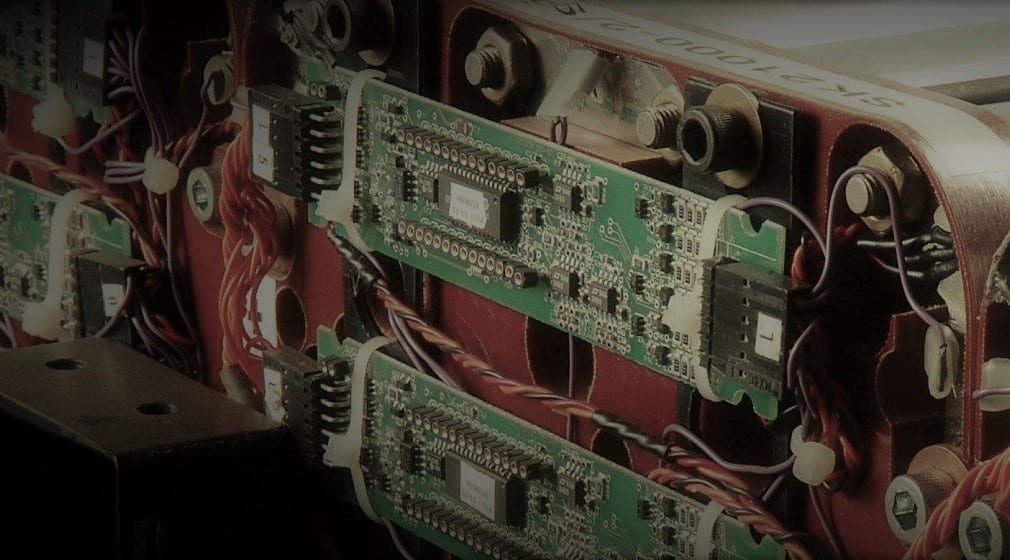UMD researcher receives new $1M Vehicle Technology Award
On July 16, 2020, the U.S. Department of Energy (DOE) announced $139 million in federal funding for 55 projects across the country that will support new and innovative advanced vehicle technologies. Funded through the U.S. Department of Energy’s (DOE’s) Office of Energy Efficiency and Renewable Energy (EERE), projects will conduct research in advanced batteries, electrification, and manufacturing in support of DOE’s Energy Storage Grand Challenge. The University of Maryland received $1M for their research: “Rational Electrolyte Design for Li-ion Batteries with Micro-Sized Si Anodes”. The vision for the Energy Storage Grand Challenge is to create and sustain global leadership in energy storage utilization and exports, with a secure domestic manufacturing supply chain that does not depend on foreign sources of critical materials. Building on previous joint research efforts with Army Research Laboratory (ARL) partners, Dr. Chunsheng Wang, a professor of Chemical and Biomolecular Engineering at the University of Maryland and Maryland Energy Innovation Institute (MEI2) hopes to expand the capabilities of a recently developed electrolyte that forms a protective layer on silicon which is stable and resists the swelling that occurs in silicon anode particles. The PIs plan to extend the electrochemical stability window to >4.5 V by adding other inorganic salts, and/or partially- or all-fluorinated ether solvents into the electrolyte. The new electrolytes will allow the Si anode to couple with a high energy cathode to provide additional performance and prevent decomposition. Said Wang, “We have designed the electrolytes to form lithiophobic solid electrolyte interphase (SEI) on micro-sized Silicon (Si). The lithiophbic SEI with weak bonding with Si can accommodate large volume changes of Si without damage, ensuring a long cycle and calendar life.” “Increasing energy density is also important for numerous Army applications including conformal wearable batteries”, noted Dr. Oleg Borodin, a collaborator from ARL. Additional news on this research published in Nature: https://energy.umd.edu/news/story/highperformance-electrolyte-solves-battery-puzzle
Related Articles: July 17, 2020 Prev Next |


